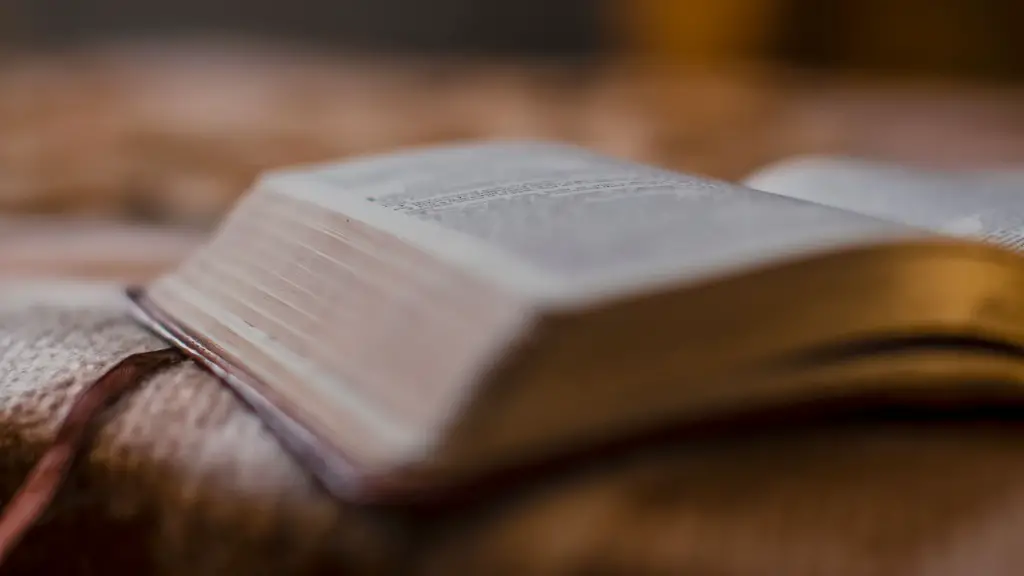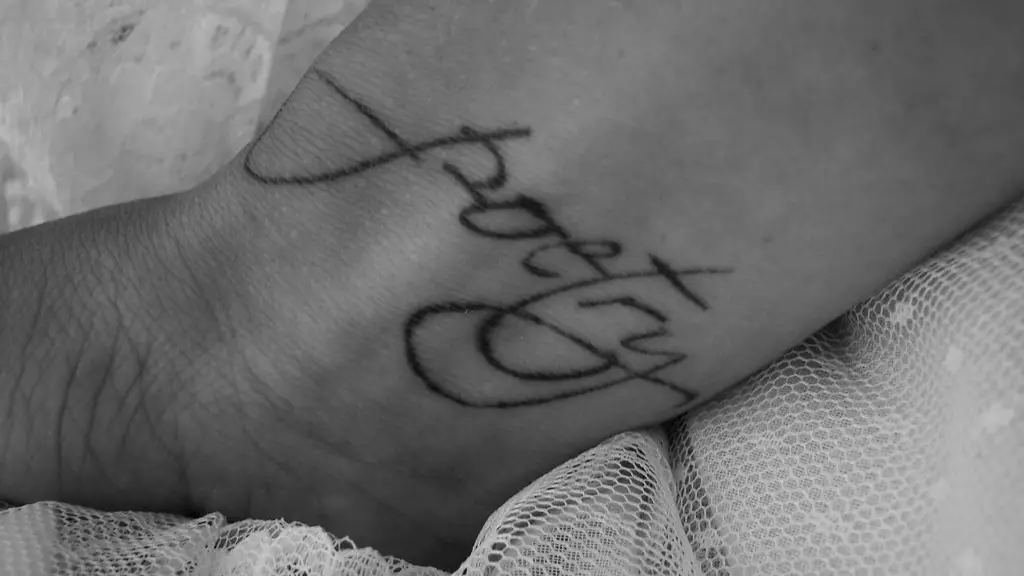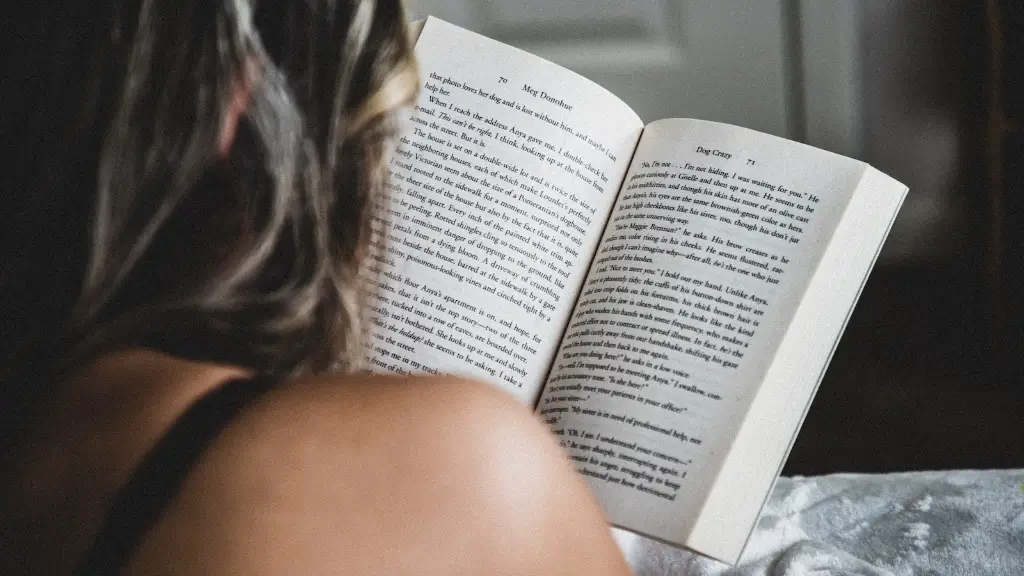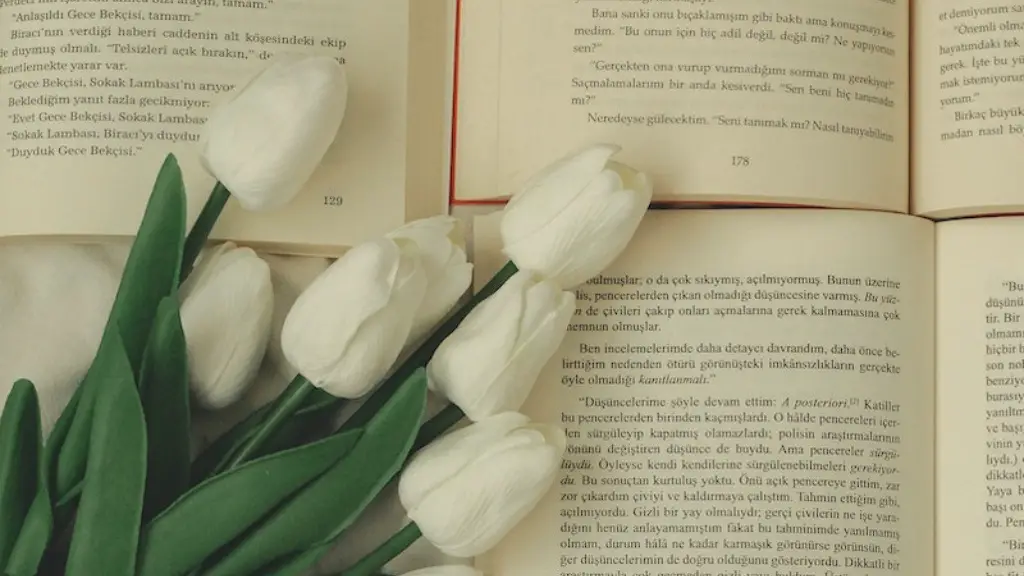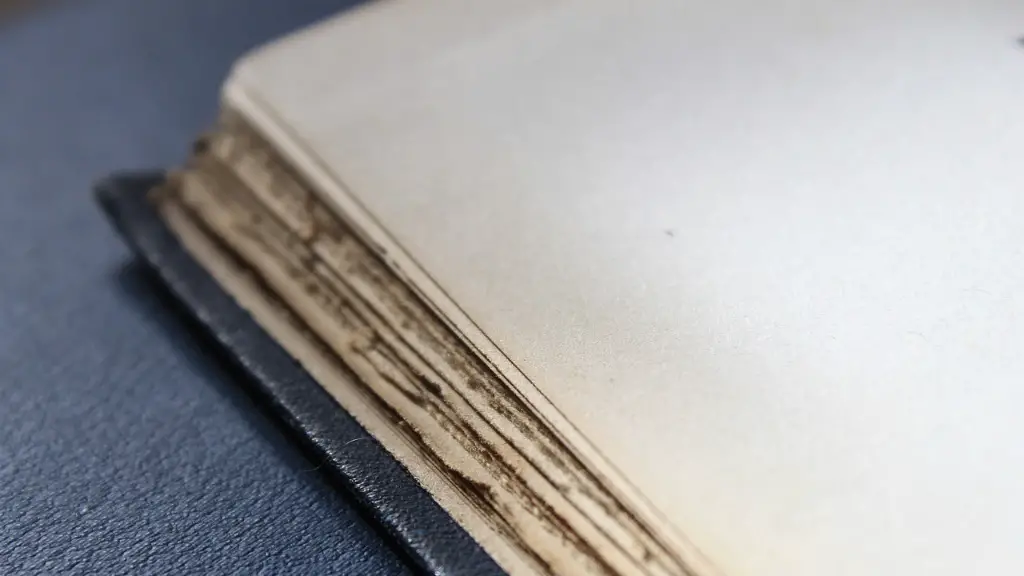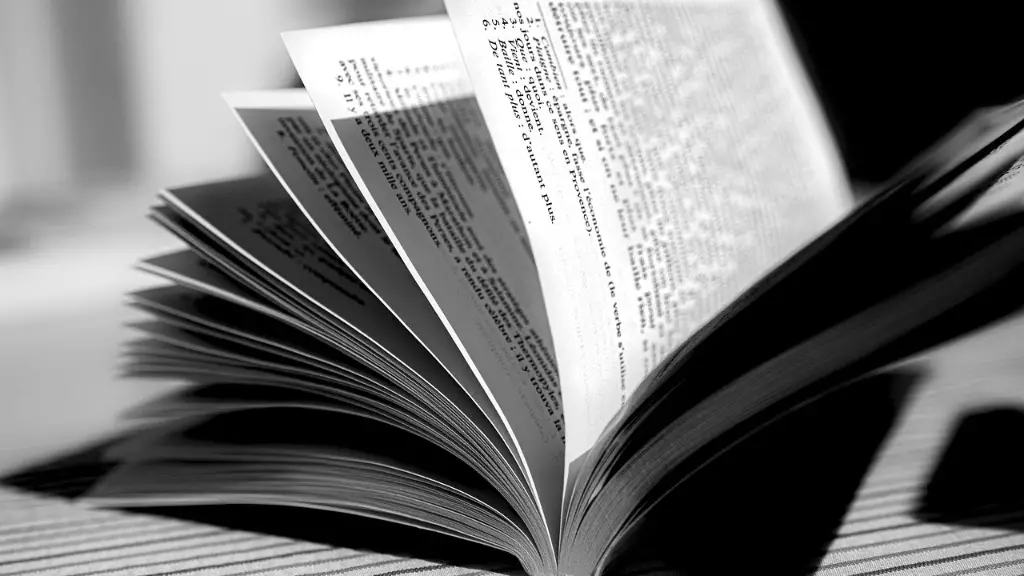Emily Dickinson is considered one of America’s greatest poets. She is also one of the most enigmatic and mysterious writers of the nineteenth century. While her poetry often touches on religious themes, Dickinson herself was notoriously private about her own faith. This has led to much speculation about whether or not she was religious.
There is no one answer to this question as Emily Dickinson’s religious beliefs were complex and constantly evolving. However, it is generally agreed that Dickinson was a deeply religious person who frequently engaged with ideas about God, faith, and morality. Dickinson’s religious beliefs were likely influenced by her Puritan heritage and her own personal spiritual journeys.
Did Emily Dickinson have faith in God?
Clearly, Emily Dickinson wanted to believe in God and immortality, and she often thought that life and the universe would make little sense without them. Possibly her faith increased in her middle and later years; certainly one can cite certain poems, including “Those not live yet,” as signs of an inner conversion.
The King James Bible was a book that Emily Dickinson often returned to. She received this Bible from her father at age thirteen and would read and reread it, often quoting it from memory. The Bible was a source of inspiration for Dickinson and she would often find solace in its pages.
Did Emily Dickinson believe in an afterlife
Dickinson’s spiritual background is indicated by her religious beliefs, which form the basis of her preoccupation with death. Although Dickinson is a religious person who believes in the inevitability of death and afterlife, she is a non-conformist as she is skeptical and curious about the nature of death. She questions the orthodox view of death and explores it from her own unique perspective. This makes her poetry about death both challenging and intriguing.
Dickinson created a unique style of poetry that broke many common literary rules. She experimented with capitalization and allowed sentences to run on. Her work was inspired by the rhythmic devices of religious psalms, but she commonly interspersed her own creative pauses within the stanzas. This made her work distinctive and difficult to imitate.
What did Emily Dickinson believe about religion?
Although she agonized over her relationship to God, Dickinson ultimately did not join the church. This was not out of defiance, but in order to remain true to herself. Dickinson felt that the world held a predominant place in her affections and that she could not give it up for Christ if she were called to die.
I am a religious person and I find the teachings of Christ very accessible. I want to be a Christian because I feel that my spirit is built on the teachings of Christ. I know that I can find strength and comfort in the teachings of Christ and that is what I want for my life.
What is Emily Dickinson most famous quote?
Hope is a beautiful thing. It’s the thing with feathers that perches in the soul and sings the tunes without the words. It never stops at all. hope is what keeps us going when things get tough. It’s what gives us the strength to keep going when we feel like giving up. Hope is what makes us believe that anything is possible. Hope is what makes us keep going, even when we can’t see the light at the end of the tunnel.
I love how the moment of Emily’s coming out was written. It felt like it avoided some of the more typical coming-out moments, like shock or shame. Instead, it felt like something that was just a natural part of who she is.
Is anything in Dickinson true
The show is not a biography of Dickinson’s life. It is a fictional exploration of some of the known facts about Dickinson and the traits and concepts found in her poetry. It also references historical events that happened within Dickinson’s lifetime and cultural norms of the 1800s.
The scholarship recently indicates that Dickinson had a lifelong love affair with her childhood friend Susan Gilbert, who later became her sister-in-law after she married Emily’s brother Austin Dickinson. They lived next door to each other throughout their adult lives.
Was Emily Dickinson ever married?
Emily Dickinson was a prolific poet who wrote about many different topics, including love. While she never married, it is clear that she had deep feelings for someone at some point in her life. Unfortunately, we will never know who that person was or what exactly transpired between them. However, her love poems are some of the most beautiful and moving works in all of literature, so we can still appreciate her love story, even if it remains a mystery.
There is a lot of talk about the “digital divide” – that is, the gap between those who have access to technology and those who don’t. But there is also a growing “achievement divide” between kids who are using technology to get ahead and those who are falling behind.
More and more, success in school and in life depends on understanding and using digital technologies. Kids who can’t use computers and don’t understand how they work are at a serious disadvantage. They’re not just missing out on the latest games and gizmos. They’re missing out on essential skills they need to succeed.
The achievement divide is especially evident when it comes to college. Today, more and more colleges and employers are requiring applicants to submit their applications and resumes online. Students who can’t do this are already at a disadvantage.
The good news is that the achievement divide is not insurmountable. With the right support and opportunities, all kids can learn the skills they need to succeed in the digital age.
What were Emily Dickinson’s last words
fog is a symbol for death and the rising fog represents Emily Dickinson’s impending death. In her final moments, she was accepting of her fate and was ready to go into the fog.
As an INFP, Emily is likely to be reserved, idealistic and adaptable. Emily may generally enjoy being alone or with small groups of people where she can listen and contemplate during discussions.
Why did Emily Dickinson wear white?
At the time, white garments were not considered special. They were simply easier to clean than printed or colored fabrics. However, with Dickinson, the white garment took on a different meaning. Perhaps this was because she often wore it beyond the scope of its original intentions. For example, she would eschew traditional day dress with its corsets and trousers in favor of a white garment.
Dickinson’s attitude toward slavery and African American was unstable and inconsistent. She did not make political comments about slavery unlike Thoreau or Whitman, but she was not totally indifferent to the issue.
Warp Up
There is no easy answer to this question as Emily Dickinson’s religious beliefs were complex and often contradictory. However, it is clear that she was deeply interested in religious topics and spent a great deal of time contemplating the nature of God, the soul, and the afterlife. While she was never affiliated with any particular religion, she seems to have had a deep spiritual faith that informed her poetry.
There is no one answer to this question as Emily Dickinson’s views on religion were complex and ever-changing. However, it is clear that Dickinson was deeply interested in religious topics and that she often found solace and comfort in her faith. For Dickinson, religion was a way to make sense of the world and to find a deeper understanding of the human condition.
